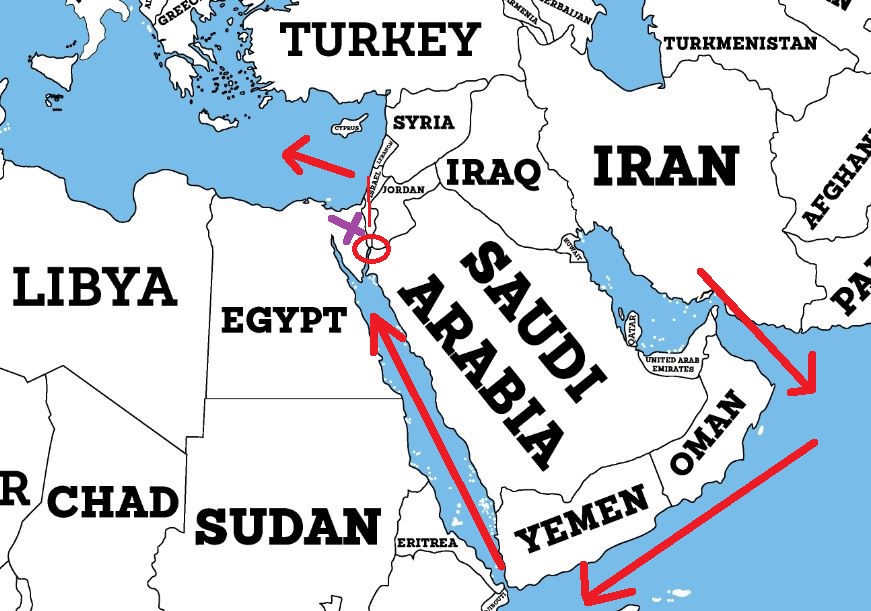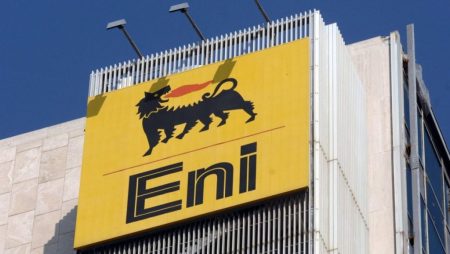
01 January 2018, Jerusalem — An oil pipeline company established decades ago by Israel and Iran, and a new Israeli company that is meant to replace it can continue to operate secretly, an Israeli parliamentary committee ruled on Sunday.
The Eilat-Ashkelon Pipeline Co (EAPC) was a joint venture set up in 1968, when the two nations were friendly, to transport Iranian oil via Israel to the Mediterranean. Ties were cut after Iran’s 1979 Islamic revolution, and the enemies are now locked in arbitration that could be worth billions of dollars.
Although Iranian oil no longer flows through the pipeline, EAPC has become a major distributor of oil in Israel, with ambitions to become a leading trade hub.
It also added a reverse-flow system so oil from the Black or Caspian Seas can be shipped from Eilat, Israel’s southernmost city, and port, to southern Asia and the Far East, and increased its storage capacity for traders in the region.
Israel, worried about national security, maintains tight control over EAPC, to the extent that articles about its business dealings must pass through the military censor.
Instead of renewing EAPC’s concession, which came up this year, Israel formed a new company with the same initials, the Europe Asia Pipeline Co, owned by the government. It will take over the original EAPC’s responsibilities by September, with an option to extend the handover period an additional six months.
Parliament’s Foreign Affairs and Defense Committee said in a statement on Sunday that it had extended the gag order on EAPC for five more years and broadened it to include the new company, known as EAPC-B, as well.
Calls to end the secrecy surrounding EAPC emerged after its pipe burst in 2014, spilling millions of liters of oil into a desert nature reserve in Israel’s worst spill.
After an Israeli environmental group petitioned the Supreme Court, the gag order was narrowed slightly to exclude issues like environmental impact and safety measures. The company’s primary dealings, including the sources of oil and how it is used, are still under censorship.
*Ari Rabinovitch, editing: Larry King – Reuters



